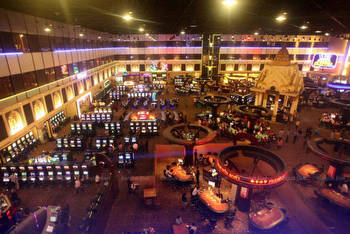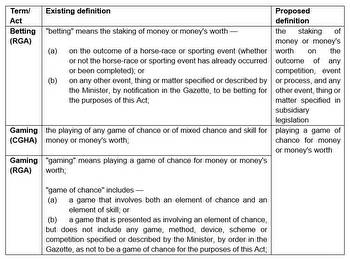Implementing laws is the answer to gambling

The issue of gambling keeps coming to the Parliament. Since the last discussion, a lot has changed- at least in the forms of gambling. We are not talking about the high stake dice and card games, but both online and offline gambling where stakes are even higher and risk too.
Gambling is increasing in the country. It has been a social menace destroying families. It is rampant in the homes of rich and influential people. There are rented apartments entertaining gamblers, some even skipping government jobs.
Some parliamentarians assume lighter penalties as the cause of the increase in gambling. It may be a reason, but it is the weak implementation of existing laws that is encouraging gambling.
The home and cultural affairs minister even called for a revision of the law and called forharsher penalties. An offence of petty misdemeanour with a prison term ranging from a month to a year is not light. Even a sentence of one night imprisonment should not be considered light. Whatcould discourage the social ill is seriously implementing the laws.
Loopholes in the system favour gamblers. Gambling is so organised that people involved know when there is going to be a raid. They have informers, within the raiders. There are stories of some responsible for the upkeep of the lawcelebrating and boasting of always winning.
People say those who have been arrested are the so-called ‘small fish’. It’s only those who play dice at the back of bolero trucks or at the taxi parking and also those who play on small wager cards. We have not heard of arresting or penalizing the big time gamblers although it is an open secret where, when and how they gamble.
Discussions on gambling are as old as some of the notorious gamblers. The Third Druk Gyalpo issued a royal decree, prohibiting gambling in the country. The National Assembly then discussed it since 1967 and even passed a resolution to ban gambling entirely.
Many Bhutanese families have become victims of loan sharks, who lend to gamblers. The Penal Code that criminalises gambling, Anti-Money Laundering Act and Financial Service Act could not save them because of lack of serious implementers.
Implementing the existing law that prohibits gambling seriously and applying the law to all, irrespective of social status, is the only solution to curb the problem.
The issue has become more complex now. Many Bhutanese are hooked to online mobile games although the Information, Communication and Media Act of Bhutan 2018 prohibits it. The Department of Law and Order issues circulars, asking people to refrain from playing online games, but there are hundreds of unofficial groups catering the service.
Law enforcers have made occasional arrests of organisers, but it is still popular. Some families, who lost jobs because of the pandemic, depend on online games for survival.
Policymakers could explore mechanisms to regulate online games and make people pay tax rather than resorting to blanket criminalising. Banning, as we know, never works in Bhutan.

































